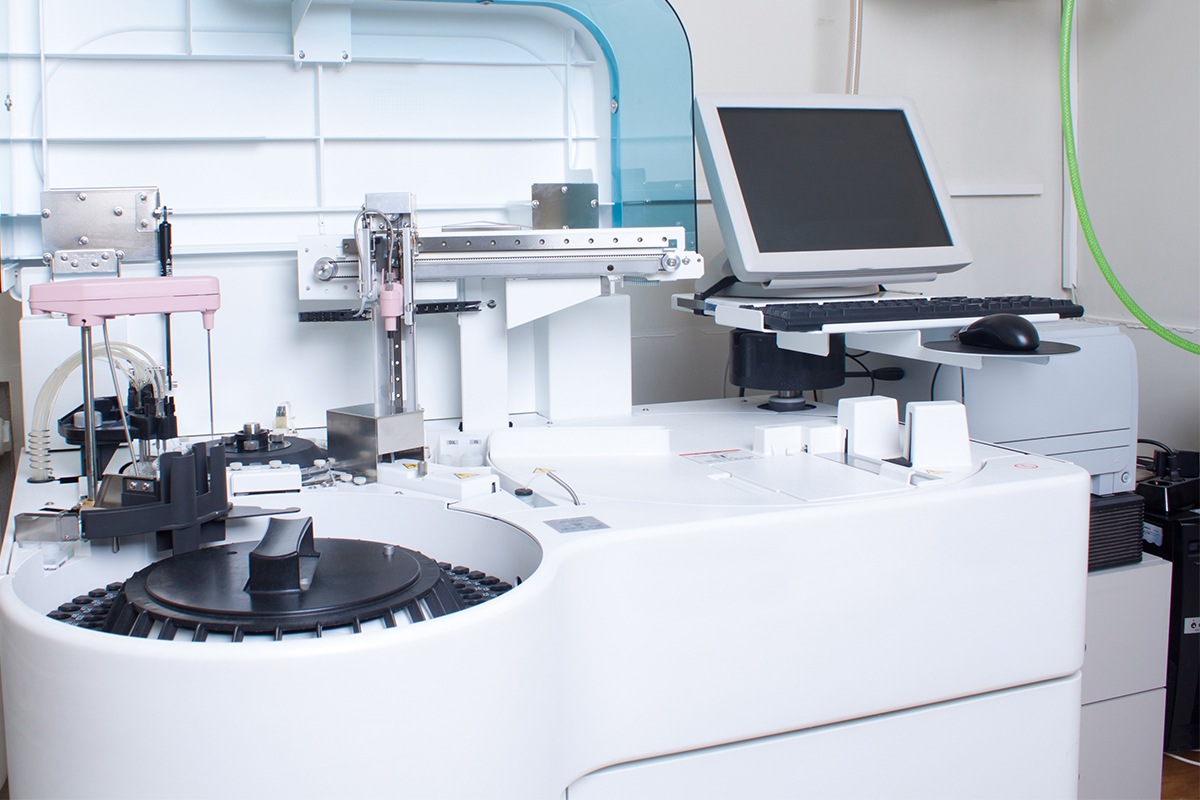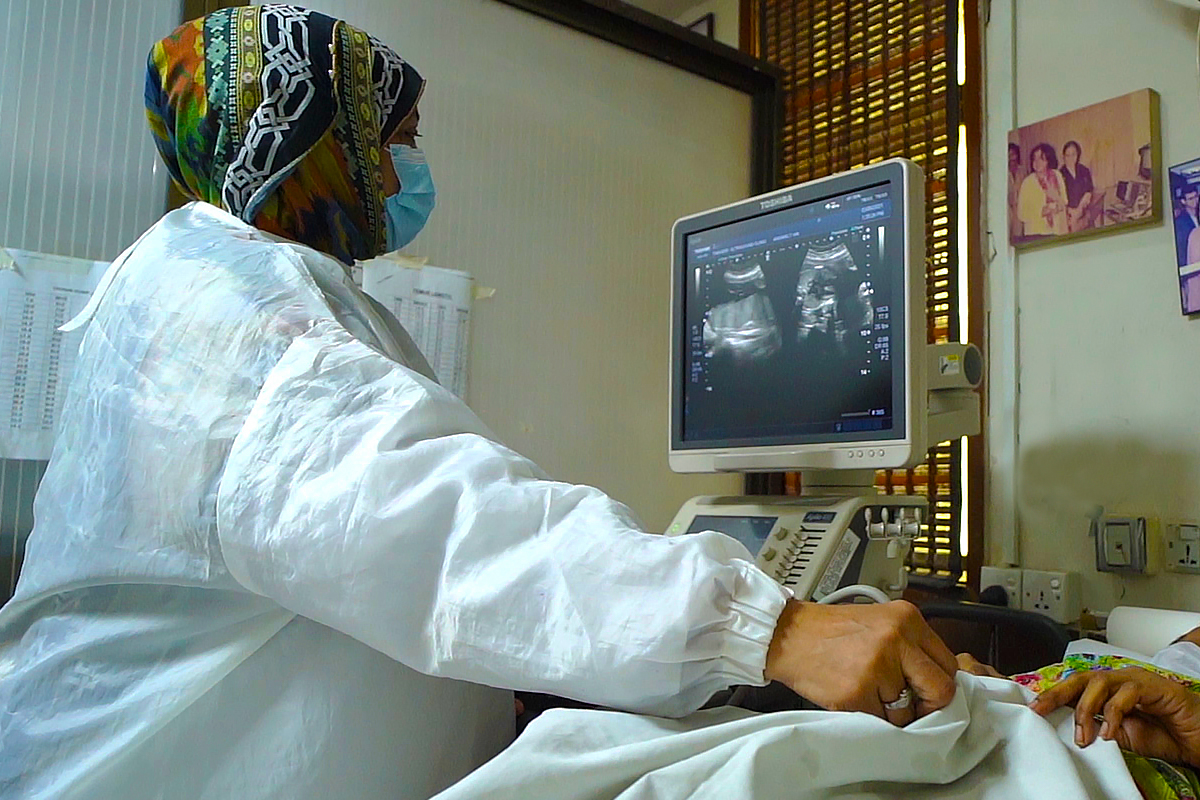When it comes to prenatal care, many expectant parents have questions about ultrasound safety. Is ultrasound safe for both the mother and the fetus? This is a common concern, especially with the increasing use of ultrasound technology during pregnancy.
Understanding Ultrasound Technology. What is an Ultrasound?
Ultrasound, often referred to as sonography, is a medical imaging technique that uses high-frequency sound waves to produce images of the inside of the body. In prenatal care, ultrasounds are a vital tool that helps healthcare providers visualize the fetus in the womb.
Unlike X-rays, which use ionizing radiation, ultrasound is considered a safer option as it relies on sound waves. The images generated can provide valuable information about the fetus’s development, the amount of amniotic fluid, and the position of the placenta.
How Does Ultrasound Work?
When the ultrasound procedure starts, a device called a transducer emits high-frequency sound waves into the body. These waves travel through various tissues, including the amniotic fluid and the fetus. As the sound waves encounter different types of tissues, they either get absorbed or reflect back. The transducer then captures the returning sound waves and sends this data to a computer.
The computer processes these returning echoes and transforms them into detailed images of the internal structures. This real-time imaging enables us to closely observe the fetus’s development and monitor the mother’s condition.
Safety for the Mother
Ultrasound procedures are non-invasive, meaning there’s no need for incisions or injections, reducing the risk of infection or complications. The use of sound waves rather than ionizing radiation, as mentioned earlier, ensures that the procedure does not expose the mother to potentially harmful radiation.
During an ultrasound, the only sensations typically experienced by the mother are the coolness of the gel applied to the skin and the slight pressure of the transducer. There are no known long-term risks associated with undergoing ultrasound scans during pregnancy.
Safety for the Fetus
The safety of the fetus is a paramount concern for expectant parents, and ultrasound stands out as a trusted diagnostic tool in prenatal care. Extensive research supports that, when used correctly, ultrasound is safe for the developing fetus. The procedure allows us to monitor fetal growth, check heartbeats, and identify potential congenital anomalies.
These scans can reveal crucial information about the fetus’s development, enabling early detection of any abnormalities. This early insight allows for timely medical interventions if necessary, promoting better health outcomes for the baby.
It’s important to note that qualified professionals should always perform ultrasounds. Technicians and doctors trained in obstetric ultrasound follow best practices to minimize any risks, ensuring the procedure is as safe as possible for the fetus.
Proper Use of Ultrasound
Ultrasound is undeniably valuable, but it’s essential to use it judiciously to ensure the safety of both mother and fetus.
Your healthcare provider will recommend ultrasounds at specific stages of your pregnancy, considering factors like
- gestational age
- risk factors
- any symptoms you may be experiencing
- confirming the baby’s heartbeat
- monitoring fetal growth
- assessing the position of the placenta
Following these guidelines helps maximize the benefits of ultrasound while minimizing any potential risks.
















